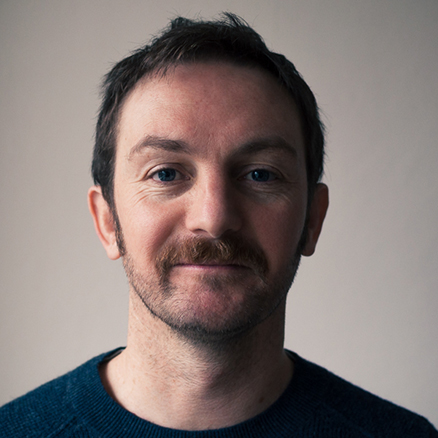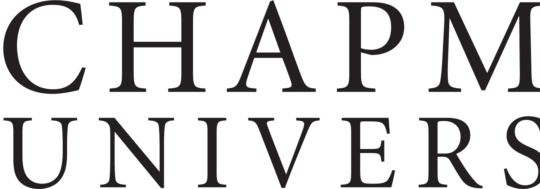Chad Chatterton is the Lead Environment Artist on The Division at Ubisoft Massive, and my past undergrad teacher for Advanced Imaging 2D / 3D. Here’s Chad’s advice in response to my 7 questions for students.
1. Briefly describe your current position at Ubisoft (for context).
I’m the Lead Environment Artist on Ubisoft Massive’s The Division, with a team of 15. I impact on the shape of the world, workflows and tools, Co-Dev co-ordination, hiring, researching New York, and I also contribute game content. The rest of my job is embracing Level Design with open arms as we run into battle together.
2. Name one person (feel free to name more if you prefer) who had a strong positive influence on your career, and explain their most important action/advice/reason you consider them so influential.
Helen Stuckey supported myself and artist Julian Oliver in a bid for game development funding back in 1999 after seeing a presentation we gave to a group of Architects about why they should be exploring real time engines. She was the screen events programmer of games at the Australian Centre for the Moving Image (acmi) where she curated the games lab. Helen had a big impact on my direction and on the face of Australian independent game development in general, and I think she proves that all you need is one person who believes in you.
Julian Oliver himself is a brilliant person with unlimited energy and a critical eye that lets nothing slip by unnoticed. Together with artist Stephen Honegger we taught ourselves everything we know about game dev. When we were exhausted and ready to give up late at night, Julian would just keep pushing on and we often made breakthroughs in understanding this way.
Didrik Tollefsen was the Art Director on Age of Conan when I was working at Funcom, and working with him was like returning to art school all over again. He taught me to stop being so timid and turn the volume up on whatever I was doing; ‘Overstate yourself so your intentions are clear to the viewer’.
I think Viktor Antonov is the most interesting person working in the industry today. All his words have stuck to me. Something I remember him saying, “There is only one topic, How to make projects that don’t really suck”.
3. Is there a particular piece of career advice you got (or imagine you could have heard) early in your career you wish you’d have acted on?
Sometime in the early 90’s my Father said I should learn Photoshop and pay attention to digital. Instead I went to university to study art history, and then art school where I played with painting and sculpture for another 4 years. While I certainly don’t regret any of that, I probably should have listened to Dad now that I think about it.
4. What are the qualities you would suggest are important for a student to have, who wishes to enter your profession, specifically?
Balance. The ability to take a step back and look at what you’re working on, stop focusing on the details and take care of the big strokes first. Don’t get caught up in pipelines and techniques at the expense of the important things like composition, proportion, lighting, and how a scene reads.
A broad education is good, not just an interest in games.
A genuine interest that leads you to work hard and go the extra mile.
5. What is a common mistake you notice students / recent graduates tend to make when looking for a job?
Leaving too much in their portfolio. I don’t care what the first thing you made was. Leave only your best work, and try and present something that isn’t a gun or a mech. Please do that, for me.
While it is not easy to get a job with no experience in game development, understand that for an Environment Artist at least, your portfolio is your big chance. For my applicants it’s the only thing I look at, and I look at just about everyone that applies.
Then, if you get a phone interview, try to relax and be yourself. Show that you can be a nice person who can work with others. if it turns out you are not ready for the position yet, see it as a rehearsal for the next interview.
6. What inspires you in your position? Are there any influences that you bring to your work?
Fear. To do something great before I die. Film, photography, non-fiction, the light coming in through the window. Aside from that it’s the people I work with, and the location I’m working on.
7. Are there any other advice you would offer to students entering the games industry?
Take an interest in yourself, take notes and learn lessons. Understand your strengths and weaknesses, give yourself a chance to keep improving. Take any chance you can get to meet people in the industry, and don’t forget to smile.
Other developer interviews:




Recent Comments